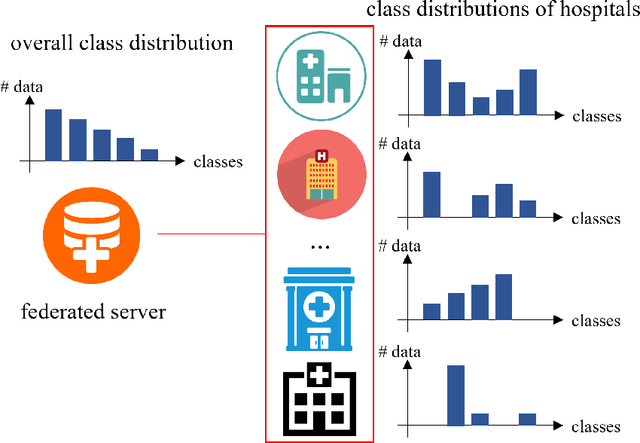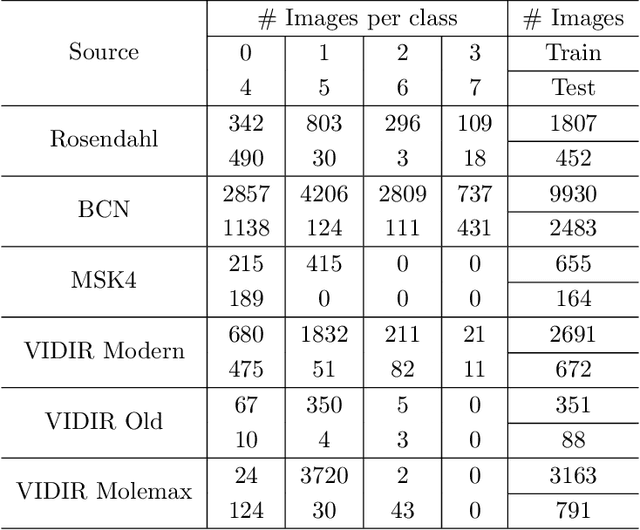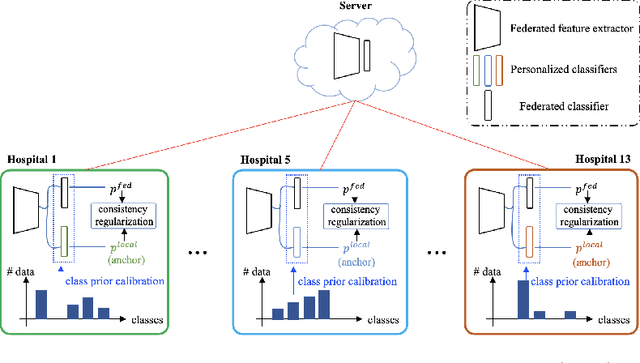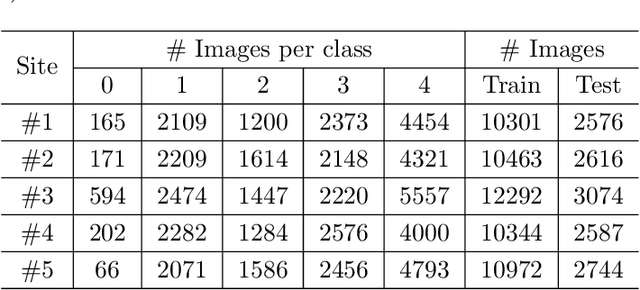FCA: Taming Long-tailed Federated Medical Image Classification by Classifier Anchoring
Paper and Code
May 01, 2023



Limited training data and severe class imbalance impose significant challenges to developing clinically robust deep learning models. Federated learning (FL) addresses the former by enabling different medical clients to collaboratively train a deep model without sharing data. However, the class imbalance problem persists due to inter-client class distribution variations. To overcome this, we propose federated classifier anchoring (FCA) by adding a personalized classifier at each client to guide and debias the federated model through consistency learning. Additionally, FCA debiases the federated classifier and each client's personalized classifier based on their respective class distributions, thus mitigating divergence. With FCA, the federated feature extractor effectively learns discriminative features suitably globally for federation as well as locally for all participants. In clinical practice, the federated model is expected to be both generalized, performing well across clients, and specialized, benefiting each individual client from collaboration. According to this, we propose a novel evaluation metric to assess models' generalization and specialization performance globally on an aggregated public test set and locally at each client. Through comprehensive comparison and evaluation, FCA outperforms the state-of-the-art methods with large margins for federated long-tailed skin lesion classification and intracranial hemorrhage classification, making it a more feasible solution in clinical settings.
 Add to Chrome
Add to Chrome Add to Firefox
Add to Firefox Add to Edge
Add to Edge